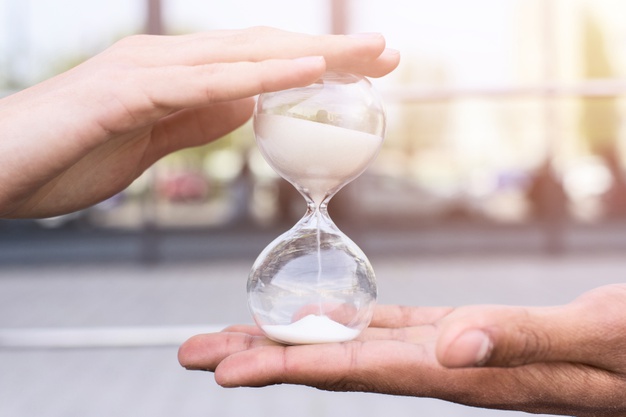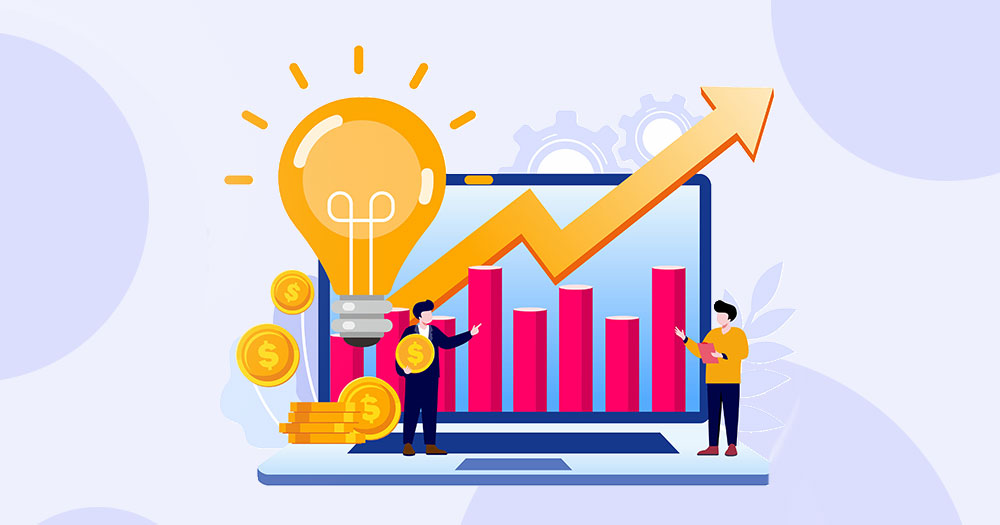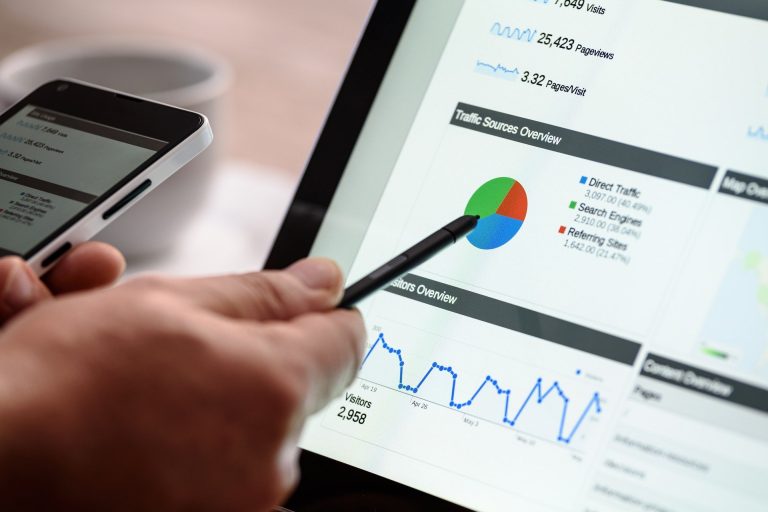If your website has not yet loaded by the time you read the title of this blog, then you just lost 53% of your visitors. Also, half of them will tend to pass the negative experience to others. It is not about seconds anymore. Your website performance is evaluated in about milliseconds. Load times that differ by milliseconds have a greater impact on the revenue then you may think. They even impact your conversion rates, bounce rates, and customer retention.
Contents
Website Performance measure: Google and page speed
In 2006, Google had officially announced that website load time is going to be a major factor in evaluating your website performance. This is when it became a part of its website search ranking algorithm. Which means, the quicker your website loads, the better it would rank in the search result.
Fast websites can also be crawled more effectively. Website load time also plays a major factor in determining Google Adwords Quality Score.
With a steep increase in mobile internet users, in 2018, Google made mobile response time a ranking factor for SEO. As per Google Webmaster Blog, Google may even penalize your website for poor user experience, including slow page load time. These clearly indicate the importance Google has been giving to the response time of the websites and how your website can rank on top of the search result if it had a quicker load time.
Every Second Counts – Few Facts
Load time:
- 47% of customers expect the website to load in less than 2 secs.
- 64% of smartphone users expect pages to load in less than 4 secs.
- 79% of customers who report dissatisfaction over website performance are less likely to buy from the website.
- 1 in every 5 online shoppers tend to abandon their cart due to poor response time. The website performance gets affected as the transaction process was too slow.
- DoubleClick by Google has found that nearly 53% of mobile site visits stand abandoned if a page takes longer than three seconds to load, hampering the website performance.
Load Time vs Profit:
- A website making $100,000 per day, can make an additional sale of $7000 with 1-sec improvement in page speed.
- 1 second delay in page load time means 11% loss of page views.
- Pages that loads in less than 2.4 secs have a conversion rate of 1.9%

Realtime Statistics:
- In 2006, Google had a revenue loss of 20% when they experimented by increasing the page display result from 10 to 30 which lead to an increase in loading time by .5 secs.
- Amazon found that a delay in page load by 1-second will cost them a loss of $1.6 billion in sales each year.
- Walmart showed an increase of 2% in conversion rate for every second of improvement in their website.
- A decrease in load time by 1s = Increase in conversion rate up to 2%
- A decrease in load time by 100ms = Increase in revenue by 1%
Big names and impact on website performance
- Interestingly, Pinterest increased search engine traffic and sign-ups by 15% when they reduced the website wait times by 40%.
- BBC discovered that they lost 10% of users for every additional second their site took to load.
- Mozilla saw an increase of 60 million more downloads each year by making their webpage 2.2 seconds faster.
- A 2-second delay in the page load time of Bing, search engine time led to
- 1.8% drop off in queries
- 3.75% reduction in clicks
- 4% reduction in satisfaction
- 4.3% reduction in revenue per visitor.
Visitors have more tolerance towards entertainment websites and are ready to wait more time for the website to load. But when it comes to text-heavy websites or e-commerce sites, they tend to get distracted during the wait time, increasing the chances of them abandoning the website and moving to other works.
Optimal Loading Time
Google recommends a load time of 5 secs or less in 3G and less than 3 seconds in broadband. If your website is not meeting Google recommended speeds, then half the visitors tend to leave the website even before the site loads. Even with the customers who tend to stay with your website, your brand has already got a negative impact. With every additional 1 sec in load time, you drop your conversion rate by 7%
As per skilled.co, testing by AI healthcare software company mPulse Mobile found that:
- Pages that loaded in 2.4 seconds had a 1.9% conversion rate
- At 3.3 seconds, conversion rate was 1.5%
- At 4.2 seconds, conversion rate was less than 1%
- At 5.7+ seconds, conversion rate was 0.6%
 Reduce costs for your customers
Reduce costs for your customers
It’s no surprise that more search traffic than ever before is coming to websites from mobile devices and overtaking desktop searches. With the years, the total page size has been steadily increasing, and this trend seems to be continuing in the future too. With each page sending more data, users tend to use more of their mobile data costing them more money.
Lightweight websites can not only help companies sell more but also help save money for their customers. Also, lightweight and quick loading websites of hospital and other public organizations will be of great savior during crisis time. So, we highly recommend website performance testing so that none of the aforementioned glitches get in the way of your interaction with customers.
Source:
https://www.dareboost.com/en/webperf-impacts
https://www.yottaa.com/marketing-web-performance-101-how-site-speed-impacts-your-metrics/





